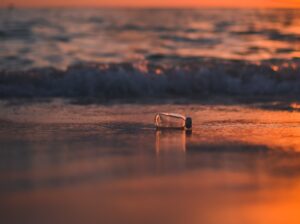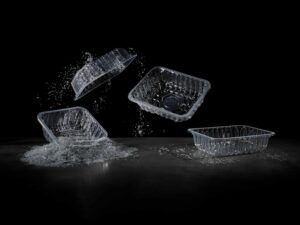Probe into health impacts of plastic pollution launched
The government is to investigate the effects of plastic microbeads on human health and the environmental impact of domestic products that contain them.
Ministers announced a ban on plastic microbeads in cosmetics such as shower gel in August following a report from the environmental audit committee.
Microplastics find their way into the food chain via seafood such as oysters and shellfish.
The government also announced it would consult on the proposed ban and gather evidence on the environmental impacts of microbeads found in other household items, such as cleaning products. It will also look at what can be done to tackle other sources of microplastics entering the marine environment.
Mary Creagh, chair of the environmental audit committee, welcomed the news and said: ‘We look forward to seeing the government bring forward its formal consultation on its plan to ban microbeads by the end of the year.’
In its response to the committee’s report, the government said the chief medical officer would be ‘reviewing the effects on health of pollution of several kinds including microplastics’ over the next year.
It added: ‘We hope that our action to ban microbeads will encourage other countries to take similar measures to ban microbeads. The more countries that follow the UK’s leadership on this issue, the more effective the action will be on reducing microplastic pollution. We are already aware that France and Italy have announced, or are considering, similar bans.’
The committee’s report highlighted the need for greater effort to reduce the amount of microplastics being flushed into the ocean.
Water companies are investing £2bn between 2015 and 2020 to improve sewage treatment infrastructure, according to the government.
It added: ‘Although water companies are not the source of the problem, their infrastructure is an important pathway of contaminants including microplastics to the wider aquatic environment.
‘Defra has therefore asked the Environment Agency to take action now to work with water companies and researchers, to understand in the first instance inputs from sewage treatment infrastructure. Subsequently, water companies should evaluate whether there are cost-effective options that could be deployed as a contribution to an overall solution to the issue.’












